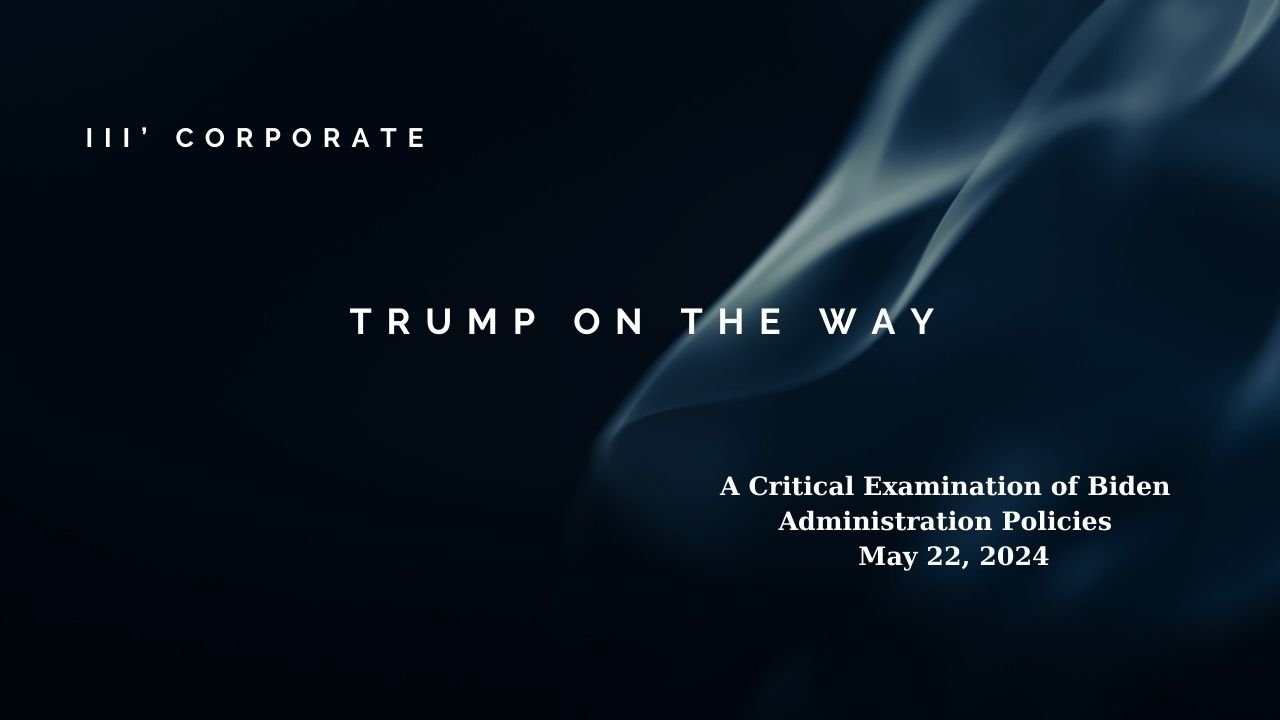The Biden administration’s reliance on sanctions and tariffs as tools to deter Russia, China, and Europe has fallen short of expectations. Despite concerted efforts, Russia adeptly evaded sanctions through strategic maneuvers, while China’s economic prowess strained relations both within Europe and across the Atlantic.
The administration’s failure to address mounting discontent over the Palestinian issue, both domestically and globally, underscores the intricate challenges of Middle East diplomacy. Prime Minister Netanyahu’s defiance of American influence highlights the complexities inherent in navigating regional politics.
European powers have attempted to shift the economic burden of the Ukrainian war onto the United States without altering their stance. This nuanced dance underscores the delicate balance in transatlantic relations and conflicting interests.
The administration’s misunderstanding of Europe’s reluctance to bear the costs and desire for economic stability has further complicated diplomatic efforts. Europe’s resistance to verbal pressure suggests covert balancing attempts may persist unabated.
Looking forward, a potential scenario under a Trump administration could involve reduced support for the Ukraine war and a reallocation of military resources to address tensions in the South China Sea. Such actions could inadvertently embolden Putin and compel Europe to bear the consequences.
As China escalates rhetoric on Taiwan, the Biden administration faces challenges in finding effective solutions. Tariffs and sanctions are unlikely to yield desired results, prompting consideration of a more assertive stance in the South China Sea to rebalance global trade dynamics.
In light of Russia’s nuclear rhetoric and aggression in Europe, a strategy of wearing down Russia through diplomatic pressure is advocated. It is essential to bring Russia to the negotiating table, while acknowledging Putin’s popular support and suppression of opposition.
A strategic pivot towards the Indo-Pacific region could unsettle not only China but also alliances with key players like Russia, North Korea, and Iran. Therefore, recalibrating relations with Iran and leveraging third-party actors constructively are vital for America’s long-term interests.
Israel’s behavior, which undermines its own soft power, has contributed to the erosion of American influence abroad. Restoring balance in the relationship is crucial for reestablishing faith in American democracy and preserving global stability.
In summary, the need for strategic recalibration, both domestically and abroad, is increasingly evident. Trump’s potential resurgence on the global stage signifies recognition of these shifting dynamics and the imperative for decisive action in the face of complex geopolitical challenges. Interestingly, a return to Trump’s “Make America Great Again” (MAGA) policies seems compatible with the required strategic adjustments. These developments hint at the imminent return of President Trump to office, signaling a potential shift in America’s approach to global affairs.
Muhammet Ali ZURNACI
MAZ Corporate,
May 22, 2024, Istanbul
